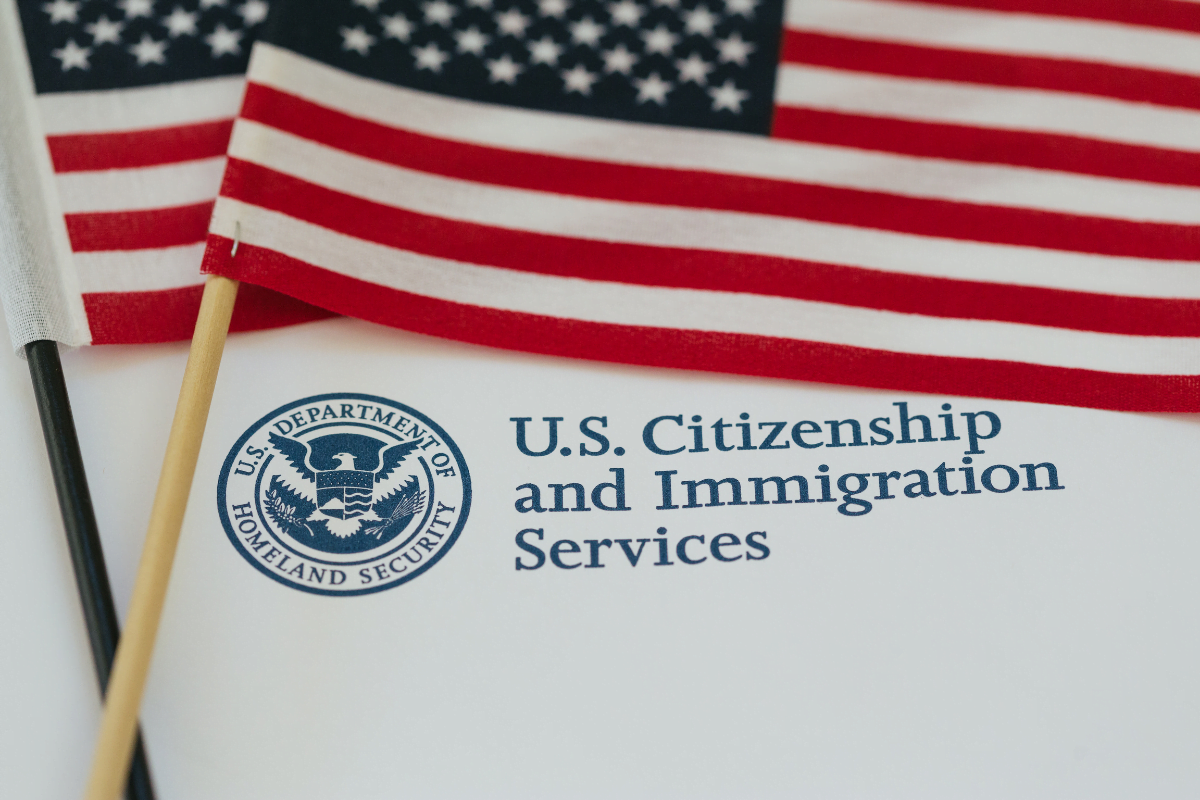Green Card: An Overview of Permanent Residency in the United States
A Green Card, also known as Lawful Permanent Resident status, grants individuals admission to the United States for permanent residency. This article provides valuable information about the privileges, acquisition methods, and requirements associated with obtaining a Green Card.
Rights and Benefits of Green Card Holders
Green Card holders enjoy almost all the rights and privileges afforded to U.S. citizens, including the ability to live and work in the United States. Some key benefits of holding a Green Card include:
- Employment Opportunities: Green Card holders can pursue permanent employment in the United States, enjoying similar job opportunities as U.S. citizens.
- Social Security and Medicare: Green Card holders contribute to and are eligible for Social Security and Medicare benefits.
- Education: Permanent residents can access educational institutions and avail themselves of various scholarships and financial aid options.
- Sponsorship of Relatives: Green Card holders can sponsor certain family members for immigration, including spouses, children, and parents.
- Travel: Green Card holders can freely travel outside the United States, provided they possess a valid passport from their country of citizenship. Reentry into the U.S. requires either the Green Card or a reentry permit.
- Path to Citizenship: Permanent residents may pursue U.S. citizenship through the naturalization process, granting them additional rights and opportunities.
Acquisition Methods for a Green Card
- Employment-Based Green Cards: Individuals with exceptional abilities, education, and training may obtain a Green Card through employment. This requires a job offer from a U.S. employer who participates in the application process.
- Investment-Based Green Cards: Investing between $500,000 to $1,000,000 in a new commercial enterprise that benefits the U.S. economy can lead to a Green Card. This investment must create at least ten full-time jobs for non-related workers.
- Family-Based Green Cards: U.S. citizens or Green Card holders can petition for family members to obtain a Green Card. Spouses, unmarried children, and parents are eligible for sponsorship, while married children and siblings have additional criteria.
- Diversity Visa Program: The State Department holds an annual Diversity Visa Lottery, making 55,000 immigrant visas available to applicants from countries with low immigration rates to the U.S. Eligibility and participating countries may vary each year.
- Refugee/Political Asylum: Individuals who seek protection from harm or persecution can be granted refugee status or political asylum. Such individuals may later apply for a Green Card to become lawful permanent residents.
- Other Ways to Obtain a Green Card: Certain crime victims, informants, and individuals with specific diplomatic status may qualify for a Green Card through alternative means.


